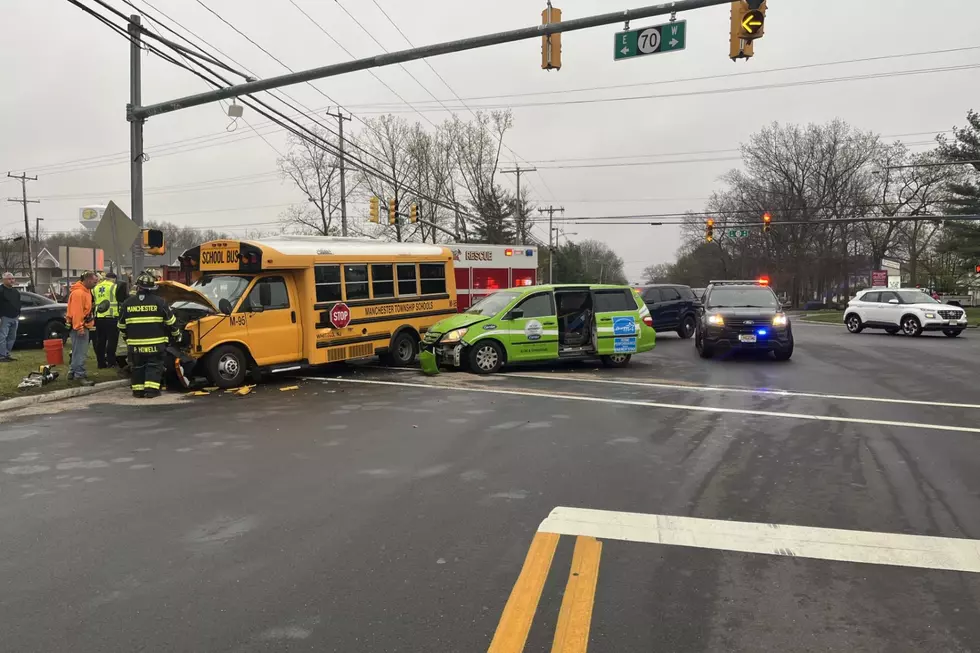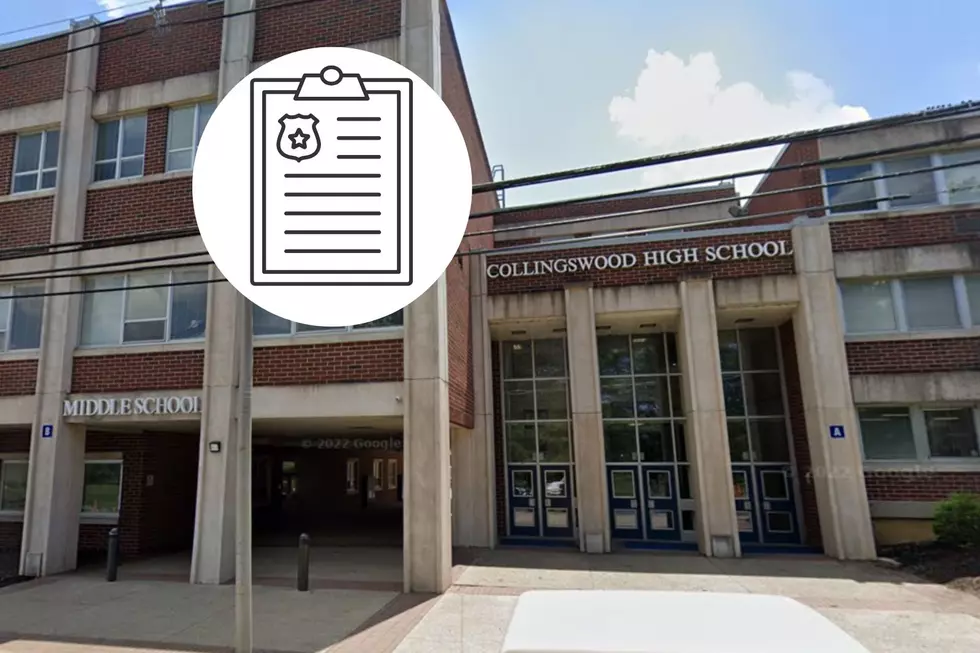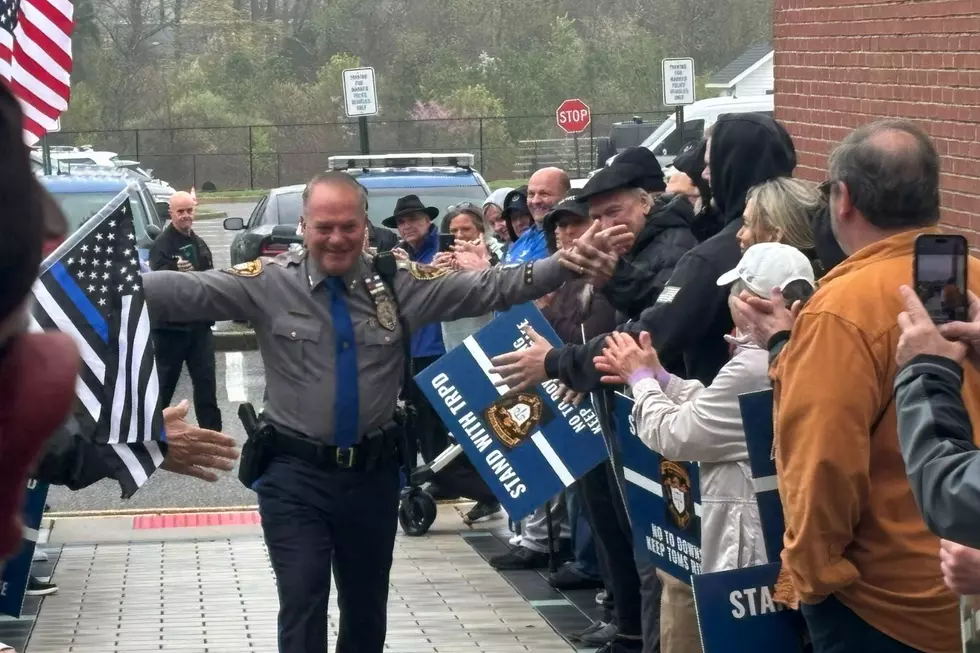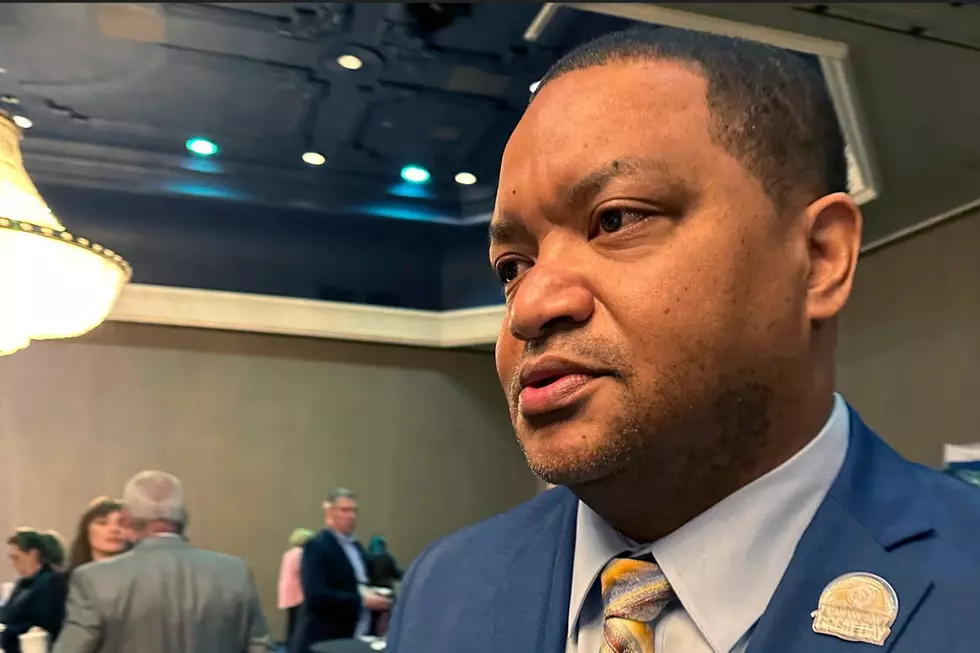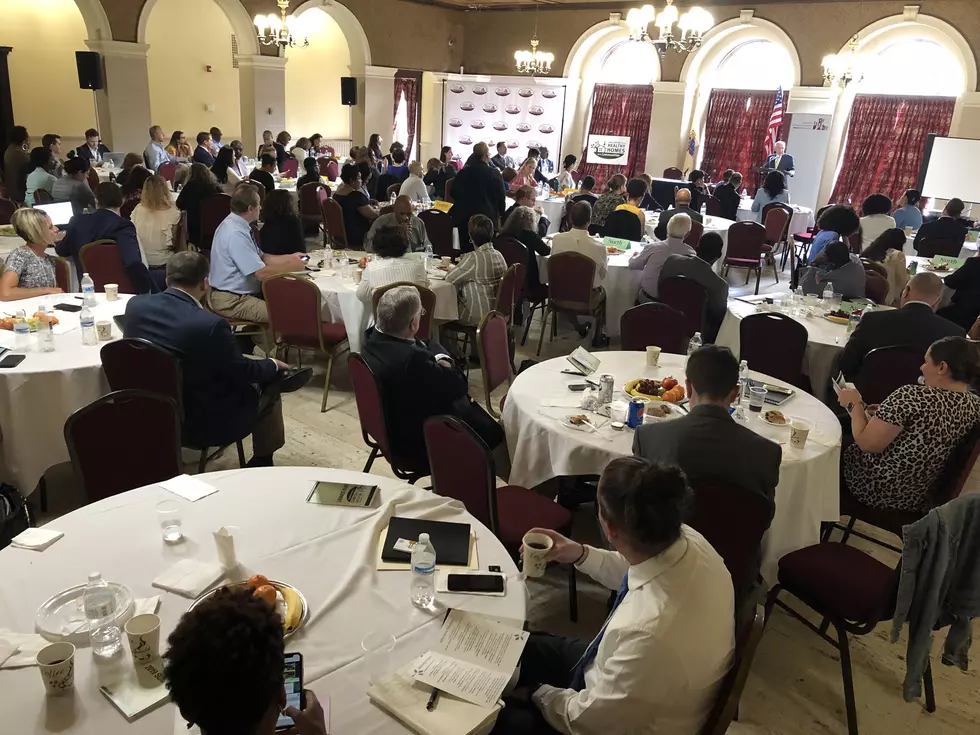
NJ partners with hospitals to develop affordable housing
Hospitals have emerged as New Jersey’s latest partner on affordable housing development, with a $12 million pilot program underway and the prospect for that to be doubled in the next few years.
The first project partially funded by the state’s Hospital Partnership Subsidy Program is a multi-story apartment building in Paterson, in conjunction with St. Joseph’s Health, which is providing $3 million toward the $20 million project and donating the land, which is 300 yards from the hospital entrance.
Another three hospital projects are nearly ready to be announced, and two or more additional ones should be identified by next summer, said Charles Richman, executive director of the New Jersey Housing and Mortgage Finance Agency.
“This is the kind of leadership that a hospital can provide to help with a neighborhood and put up some of the funds to make this work,” Richman said.
Each project gets up to $4 million in a state subsidy, plus access to other HMFA financing programs. Hospitals match the state contribution.
The projects are mixed-use developments that contain commercial space, perhaps for things such as pharmacies, and medical offices.
“Housing is health care, and hospitals are anchor institutions in neighborhoods,” Richman said.
The concept that "housing is health care" was an oft-cited one at Thursday’s fourth annual Healthy Communities and Homes Summit hosted at the Trenton War Memorial by the Housing and Community Development Network of New Jersey.
“The data is pretty clear that when people have a safe, affordable place to call home, their health care outcomes are much better,” said Staci Berger, the network’s president and chief executive officer.
“Health care is a huge needs in all of our communities – rural, suburban and urban areas,” Berger said. “And housing is definitely a need everywhere. New Jersey is the sixth most expensive place to rent an apartment, and so people are often stressed and have other health related incidents because they can’t afford a place to live, and they often spend money that they would spend on health care on housing instead.”
Hospitals are required under the Affordable Care Act to conduct community health needs assessments and are surprised that housing comes up as a critical need.
“And so they’re turning to nonprofits and housing providers and saying: How can we address that as part of our requirement?” Berger said. “It’s a little like the Community Reinvestment Act for banks, for hospitals.”
Richman said the state is making other efforts with a health-care focus, too.
Four months ago, it updated its rules for how it grades applications for funding for senior housing developments to include a greater emphasis including amenities for healthy food, nursing services, exercise programs and a connection with a pharmacy.
“I think we’re going to see a vigorous effort on the part of developers to add what I just described to the next round of applications, and that only means seniors will get more care into the future and live longer where they started,” Richman said.
Also, Richman said, the HMFA plans to work with nonprofits who operate in the areas around the pending hospital projects to further assess neighborhood needs.
New Jersey: Decoded cuts through the cruft and gets to what matters in New Jersey news and politics. Follow on Facebook and Twitter.
Michael Symons is State House bureau chief for New Jersey 101.5 and the editor of New Jersey: Decoded. Follow @NJDecoded on Twitter and Facebook. Contact him at michael.symons@townsquaremedia.com
More From New Jersey 101.5 FM
